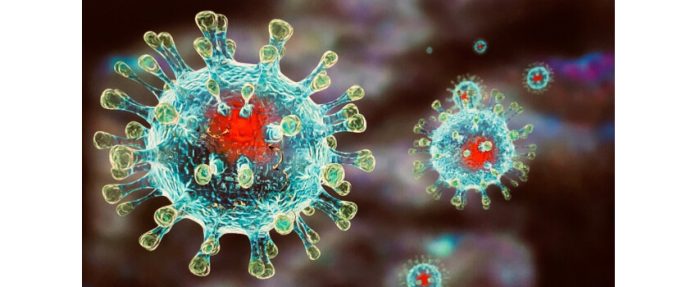Blood samples taken from patients with a long history of COVID show signs of autoimmune disease in these patients, according to a study published in the European Respiratory Journal.
Autoimmune disease occurs when the immune system mistakenly attacks healthy body parts instead of protecting the body from disease. This causes diseases such as rheumatoid arthritis and lupus.
Researchers recruited 106 people who were diagnosed with COVID-19 between August 2020 and September 2021. The researchers also included a group of 22 healthy volunteers and a group of 34 people who had a respiratory infection unrelated to COVID.
On three occasions – 3, 6 and 12 months after recovering from the infection – patients were asked if they experienced shortness of breath, coughing or fatigue.
Participants also took blood samples. In this case, the researchers were looking for antibodies that target healthy body cells and tissues known to contribute to autoimmune diseases.
Nearly 80 percent of patients with COVID-19 had two or more of these antibodies in their blood three months and six months after infection. After one year, the rate dropped to 41%. Most healthy volunteers had no evidence of these antibodies in their blood, and those who had suffered a respiratory infection unrelated to COVID had relatively low levels of these antibodies.
The researchers also found that two specific “autoantibodies” (called U1snRNP and SSb-La autoantibodies), as well as other proteins (called cytokines) that cause inflammation, persisted in about 30% of COVID patients one year after infection. These were usually patients who also continued to suffer from fatigue and shortness of breath.
These results point to the need to test for signs of autoimmune disease in patients with long-term COVID symptoms that persist for a year or more, the researchers concluded.
Afhil.com

